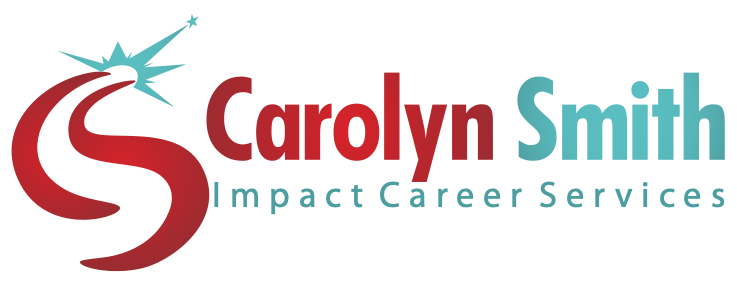An interview at the end of the day is about being evaluated by the employer, to ensure that you are qualified to do the job, can do the job and will do the job. 
Recruiting a person is expensive business and the greatest fear of an interviewer, is that you will lack the necessary skills or experience, or if hired, won’t put in a full working day, will be off sick, or will only be around for a short period of time. There is also the concern that your personality won’t ‘fit in’ with the work culture.
Since employers only have an hour or so to evaluate you and their concerns run quite deep, most employers use some sort of evaluation method when considering a person during the interview.
While there is no universal evaluation method that is applied by employers, there are some common evaluation methods that are used by the majority of employers. These are as follows:
- Assessment of your qualifications in comparison to other applicants
- Are you able to express yourself in writing and in person?
- Are you a good listener and can you effectively communicate ideas and thoughts?
- Have you got good heath and is it unlikely that you will suffer injuries requiring time of work (hence, why it is not a good idea to disclose that your hobbies include climbing Mt Everest and Motocross)
- Have you got the relevant work experience and knowledge compared to other candidates
- Do you have the emotional maturity and stability to cope with the stress and pressures at work and at home?
- Are you highly motivated, have good work ethics and a self-starter?
- Do you get on with people and would you be able to interact with staff and clients?
If applying for a government job, you will also be evaluated against the selection criteria and marked and scored, in the same way that your written responses to the selection criteria were marked and scored.
In addition to general interview questions, your capacity to do the job will sometimes be evaluated and assessed through psychological and aptitude tests. These tests will evaluate and measure verbal, numerical, speed, spatial, strength, or perceptual skills, specific skills, such as keyboard or technical skills and personality tests, which evaluate the overall personality characteristics, so they can assess whether you will fit into the overall work culture.
To be successful at an interview, you need to understand that you are being evaluated against other candidates, so you need to:
- Frame your answers to interview questions, to ensure that you alleviate any concerns the interviewer might have about your capacity, motivation and qualifications to do the job.
- Provide sufficient information, by providing a complete example of your capacity to fulfil their specific requirements
- Avoid vague or incomplete answers

Leave a Reply